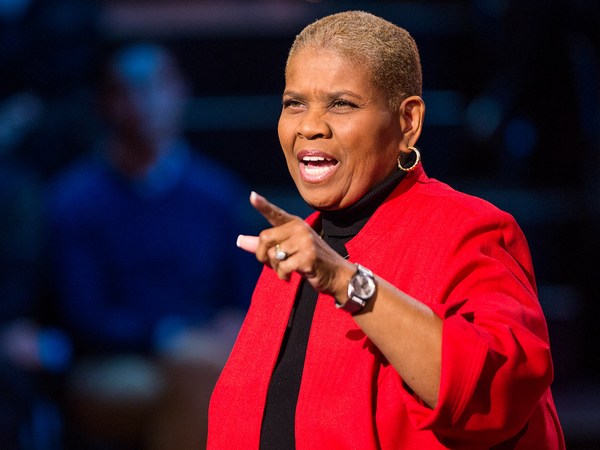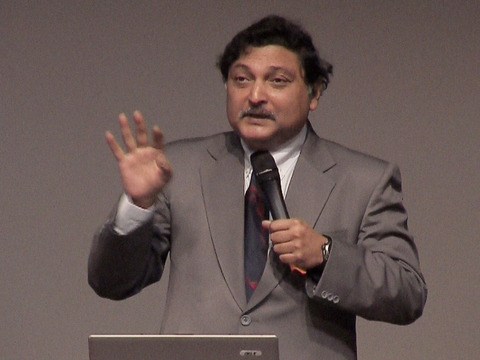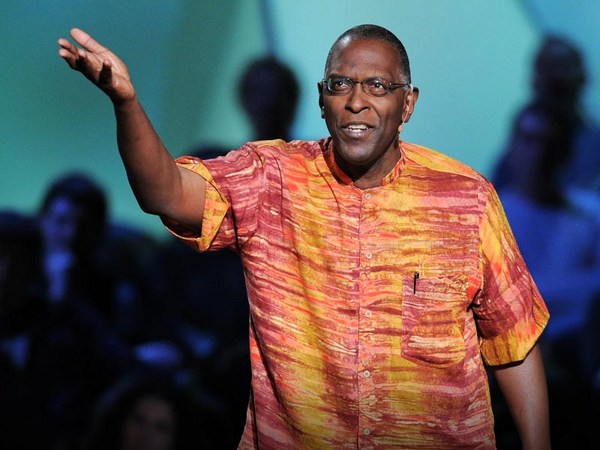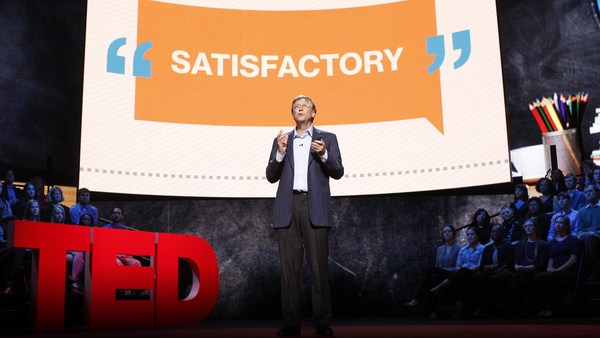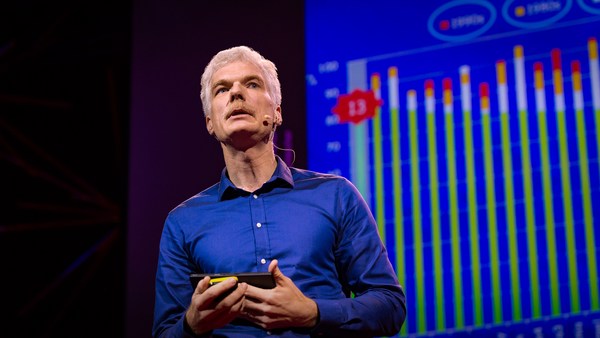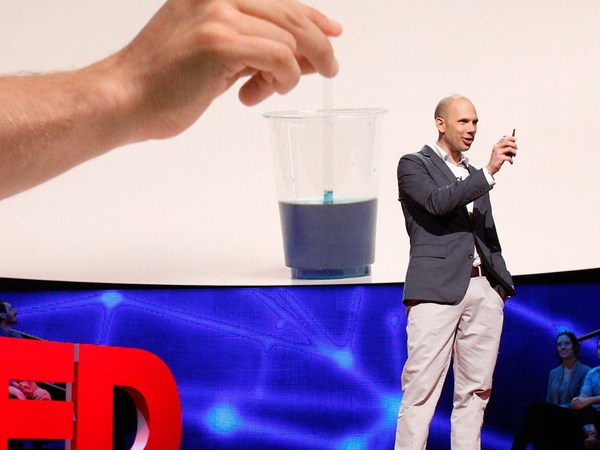Right now there is an aspiring teacher who is working on a 60-page paper based on some age-old education theory developed by some dead education professor wondering to herself what this task that she's engaging in has to do with what she wants to do with her life, which is be an educator, change lives, and spark magic. Right now there is an aspiring teacher in a graduate school of education who is watching a professor babble on and on about engagement in the most disengaging way possible. Right now there's a first-year teacher at home who is pouring through lesson plans trying to make sense of standards, who is trying to make sense of how to grade students appropriately, while at the same time saying to herself over and over again, "Don't smile till November," because that's what she was taught in her teacher education program. Right now there's a student who is coming up with a way to convince his mom or dad that he's very, very sick and can't make it to school tomorrow. On the other hand, right now there are amazing educators that are sharing information, information that is shared in such a beautiful way that the students are sitting at the edge of their seats just waiting for a bead of sweat to drop off the face of this person so they can soak up all that knowledge. Right now there is also a person who has an entire audience rapt with attention, a person that is weaving a powerful narrative about a world that the people who are listening have never imagined or seen before, but if they close their eyes tightly enough, they can envision that world because the storytelling is so compelling. Right now there's a person who can tell an audience to put their hands up in the air and they will stay there till he says, "Put them down." Right now.
So people will then say, "Well, Chris, you describe the guy who is going through some awful training but you're also describing these powerful educators. If you're thinking about the world of education or urban education in particular, these guys will probably cancel each other out, and then we'll be okay."
The reality is, the folks I described as the master teachers, the master narrative builders, the master storytellers are far removed from classrooms. The folks who know the skills about how to teach and engage an audience don't even know what teacher certification means. They may not even have the degrees to be able to have anything to call an education. And that to me is sad. It's sad because the people who I described, they were very disinterested in the learning process, want to be effective teachers, but they have no models. I'm going to paraphrase Mark Twain. Mark Twain says that proper preparation, or teaching, is so powerful that it can turn bad morals to good, it can turn awful practices into powerful ones, it can change men and transform them into angels.
The folks who I described earlier got proper preparation in teaching, not in any college or university, but by virtue of just being in the same spaces of those who engage. Guess where those places are? Barber shops, rap concerts, and most importantly, in the black church. And I've been framing this idea called Pentecostal pedagogy. Who here has been to a black church? We got a couple of hands. You go to a black church, their preacher starts off and he realizes that he has to engage the audience, so he starts off with this sort of wordplay in the beginning oftentimes, and then he takes a pause, and he says, "Oh my gosh, they're not quite paying attention." So he says, "Can I get an amen?"
Audience: Amen.
Chris Emdin: So I can I get an amen? Audience: Amen.
CE: And all of a sudden, everybody's reawoken. That preacher bangs on the pulpit for attention. He drops his voice at a very, very low volume when he wants people to key into him, and those things are the skills that we need for the most engaging teachers. So why does teacher education only give you theory and theory and tell you about standards and tell you about all of these things that have nothing to do with the basic skills, that magic that you need to engage an audience, to engage a student? So I make the argument that we reframe teacher education, that we could focus on content, and that's fine, and we could focus on theories, and that's fine, but content and theories with the absence of the magic of teaching and learning means nothing.
Now people oftentimes say, "Well, magic is just magic." There are teachers who, despite all their challenges, who have those skills, get into those schools and are able to engage an audience, and the administrator walks by and says, "Wow, he's so good, I wish all my teachers could be that good." And when they try to describe what that is, they just say, "He has that magic."
But I'm here to tell you that magic can be taught. Magic can be taught. Magic can be taught. Now, how do you teach it? You teach it by allowing people to go into those spaces where the magic is happening. If you want to be an aspiring teacher in urban education, you've got to leave the confines of that university and go into the hood. You've got to go in there and hang out at the barbershop, you've got to attend that black church, and you've got to view those folks that have the power to engage and just take notes on what they do. At our teacher education classes at my university, I've started a project where every single student that comes in there sits and watches rap concerts. They watch the way that the rappers move and talk with their hands. They study the way that he walks proudly across that stage. They listen to his metaphors and analogies, and they start learning these little things that if they practice enough becomes the key to magic. They learn that if you just stare at a student and raise your eyebrow about a quarter of an inch, you don't have to say a word because they know that that means that you want more. And if we could transform teacher education to focus on teaching teachers how to create that magic then poof! we could make dead classes come alive, we could reignite imaginations, and we can change education.
Thank you.
(Applause)
